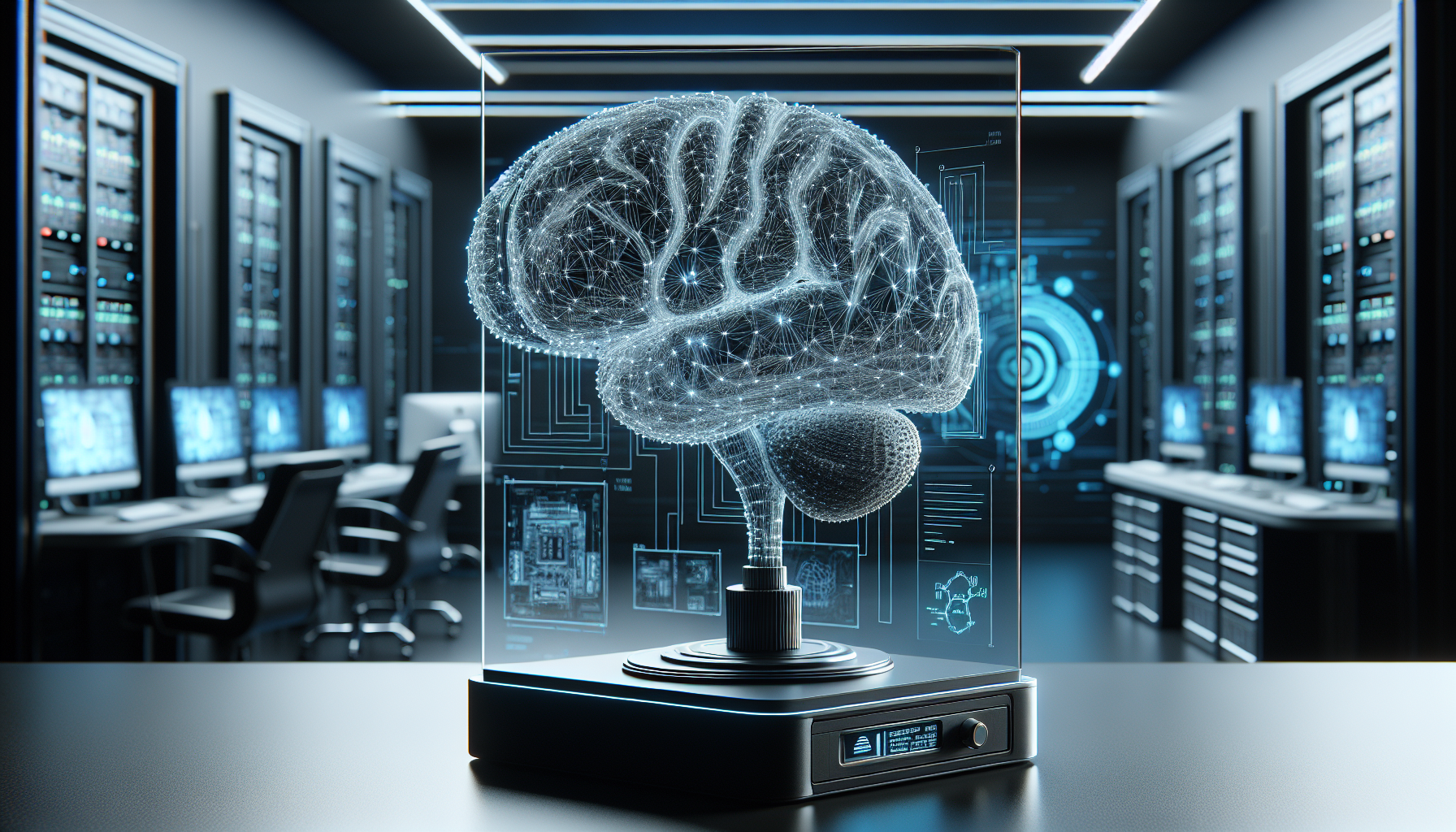
AI and Digital Marketing: The Evolution of Targeting and Personalization Strategies
June 6, 2025
The integration of artificial intelligence into digital marketing has profoundly transformed how businesses engage with consumers. This transformation is rooted in a fascinating history of technological advancement and strategic innovation. By examining this evolution, we can better understand the dynamic role AI plays in targeting and personalization strategies.
The origins of AI-driven marketing can be traced back to the early adoption of data analytics tools. These tools, although rudimentary by today's standards, laid the groundwork for the sophisticated systems we now see. Initially, marketers relied on basic demographic information to segment and target audiences. This approach was limited and often resulted in broad, imprecise campaigns. As technology advanced, so did the ability to gather and interpret data, setting the stage for more nuanced strategies.
One pivotal development was the introduction of machine learning algorithms. These algorithms marked a significant shift, as they could process vast amounts of data with unprecedented speed and accuracy. Marketers could now analyze consumer behavior patterns, predicting future actions and preferences with remarkable precision. This predictive capability allowed for a more targeted approach, moving beyond simple demographic categories to focus on individualized consumer experiences.
The concept of personalization took a quantum leap with the rise of AI. No longer confined to generic messages, marketers could tailor content to the unique preferences and behaviors of each consumer. This shift was not merely about increasing sales; it was about building relationships. AI enabled businesses to engage with consumers on a personal level, fostering loyalty and enhancing brand perception.
One lesser-known aspect of AI's historical impact on marketing is the role of natural language processing (NLP). This technology has been instrumental in refining customer interactions. By understanding and interpreting human language, AI systems can engage in meaningful dialogues with consumers. This capability has revolutionized customer service, allowing for real-time, personalized communication that feels intuitive and human-like.
Another key milestone in the historical development of AI in marketing is the use of sentiment analysis. This technique involves evaluating consumer opinions and emotions expressed online. By analyzing social media posts, reviews, and feedback, AI can gauge public sentiment towards a brand or product. This information is invaluable, allowing marketers to adjust strategies in real-time to better align with consumer attitudes.
The influence of AI on digital marketing strategies extends to advertising as well. Programmatic advertising, driven by AI, automates the buying and selling of ad space. This automation enables marketers to target specific audiences with precision, optimizing ad spend and maximizing reach. By analyzing consumer data, AI systems can determine the best times and platforms to display ads, enhancing the effectiveness of marketing campaigns.
Despite these advancements, the journey of AI in digital marketing is far from over. The technology continues to evolve, with new applications and capabilities emerging regularly. As AI becomes more sophisticated, ethical considerations also come to the forefront. The balance between personalization and privacy is a critical issue that requires careful navigation. Marketers must ensure that their strategies are transparent and that consumer data is handled responsibly.
One thought-provoking aspect of AI's role in digital marketing is its potential to democratize access to advanced marketing tools. Smaller businesses, previously unable to compete with larger enterprises, can now leverage AI to reach their target audiences effectively. This democratization could lead to a more level playing field, fostering innovation and competition across industries.
The historical perspective on AI and digital marketing reveals a narrative of continuous adaptation and growth. As we look ahead, the question remains: How will AI continue to shape the future of marketing? The potential for innovation is vast, and the implications are profound. As AI technology advances, marketers must remain vigilant, embracing new possibilities while navigating the challenges that accompany them. The journey of AI in digital marketing is a testament to the power of technology to transform industries and redefine the relationship between businesses and consumers.


